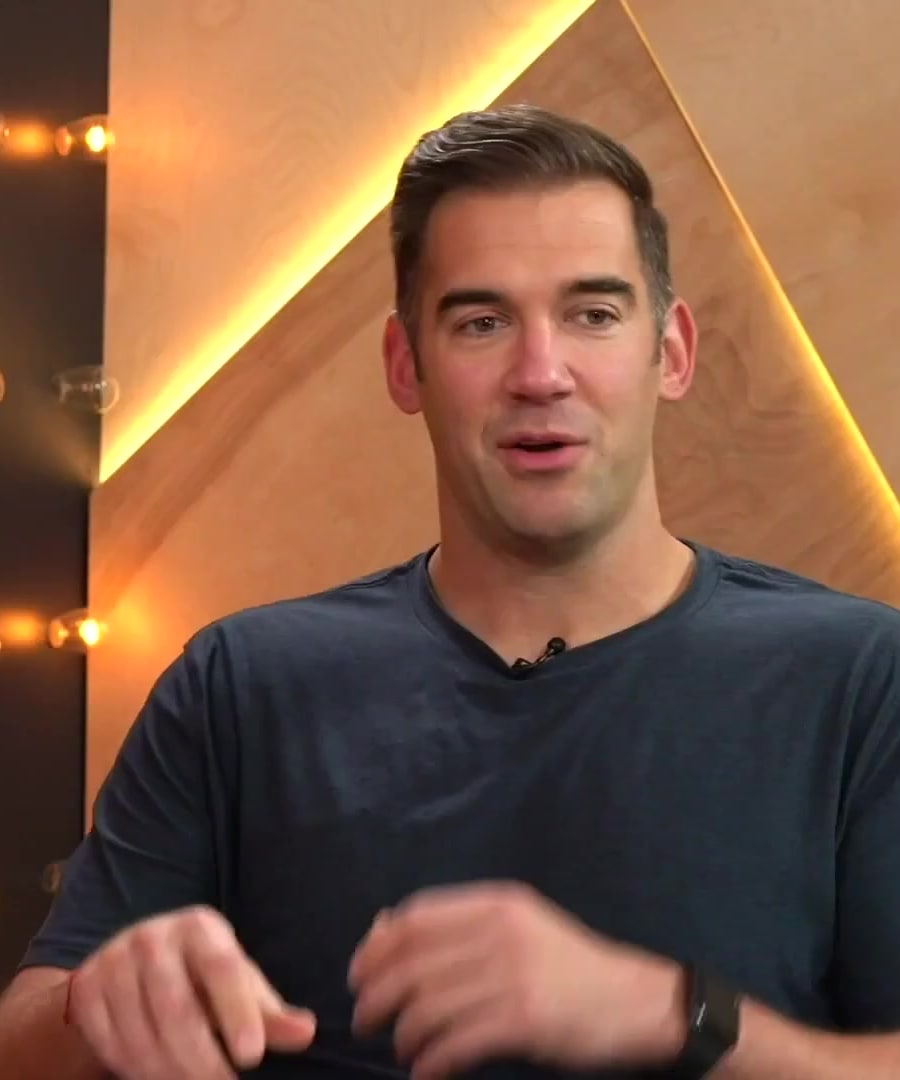How to find self-motivation?
Sources:
Finding self-motivation involves several practical strategies according to experts like Mel Robbins, Charles Duhigg, Rich Diviney, and Andrew Huberman. Here are key insights:
-
Understand Why It Matters: Mel Robbins emphasizes the importance of understanding what you want and why you want it. Without clear reasons, it's hard to stay motivated. For example, after a setback, take time to reflect on your goals and why they are important to you 1 .
-
Feel In Control: Charles Duhigg suggests that motivation is easier to trigger when you feel in control. By making small decisions and asserting preferences, you can turn chores into choices, which helps boost motivation 2 .
-
Connect to Larger Goals: Linking tasks to bigger, meaningful goals can make them more motivating. A cancer researcher, for instance, reminded himself that grading papers funded his life-saving research, which motivated him to get through the tasks 3 .
-
Internalize Discipline: Rich Diviney differentiates between self-discipline (internal focus) and discipline (working towards long-term goals despite external challenges). Breaking goals into smaller, manageable tasks and rewarding yourself for progress helps maintain motivation 4 .
-
Sign Contracts with Yourself: Andrew Huberman recommends writing down your goals and signing a contract with yourself. This personal accountability system, where you check off completed tasks, can be more effective than seeking external validation. Huberman also highlights the importance of making the work itself the reward, aligning with principles of a growth mindset 5 .
These strategies collectively provide a robust framework for cultivating self-motivation by focusing on internal control, meaningful connections, and personal accountability.
RELATED QUESTIONS-


